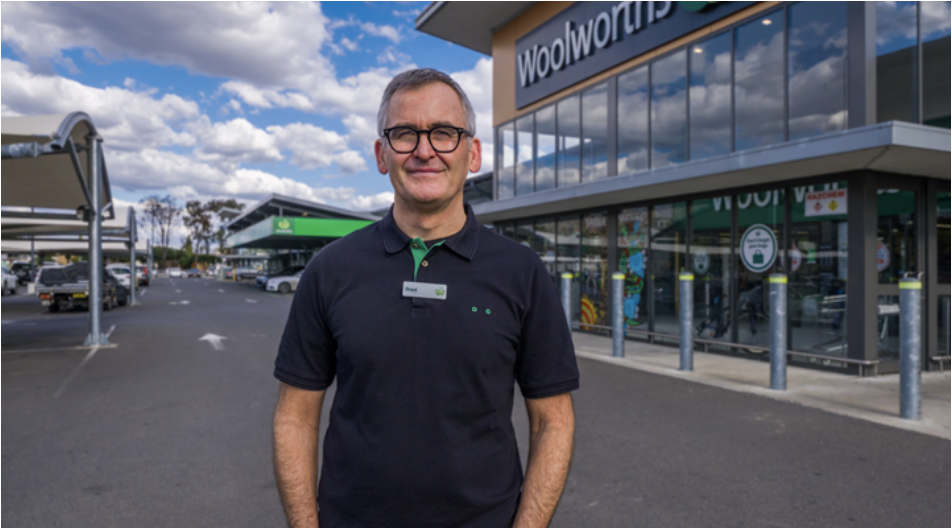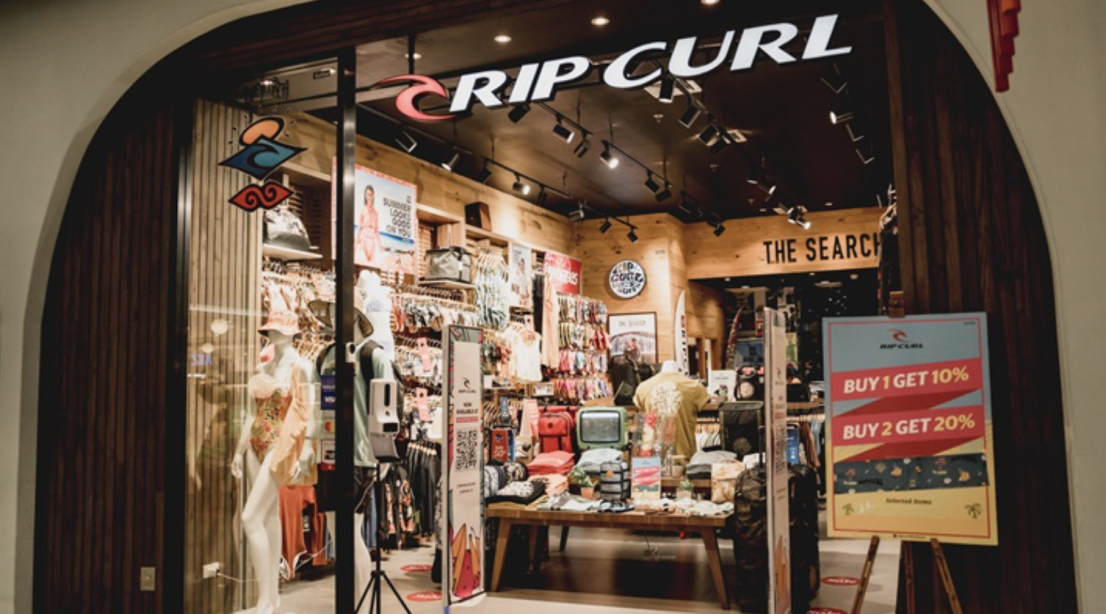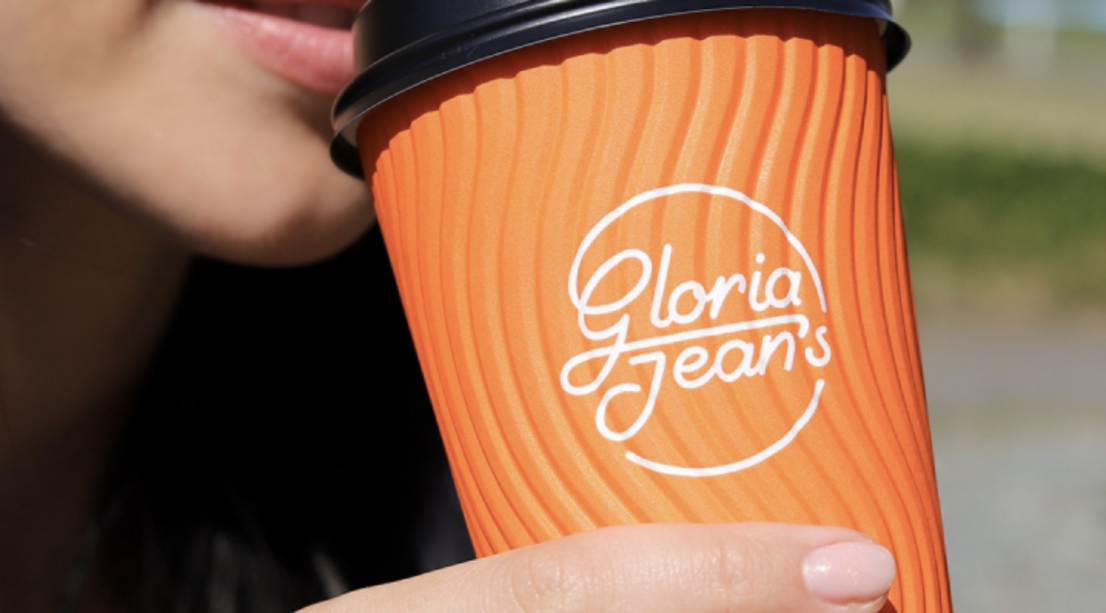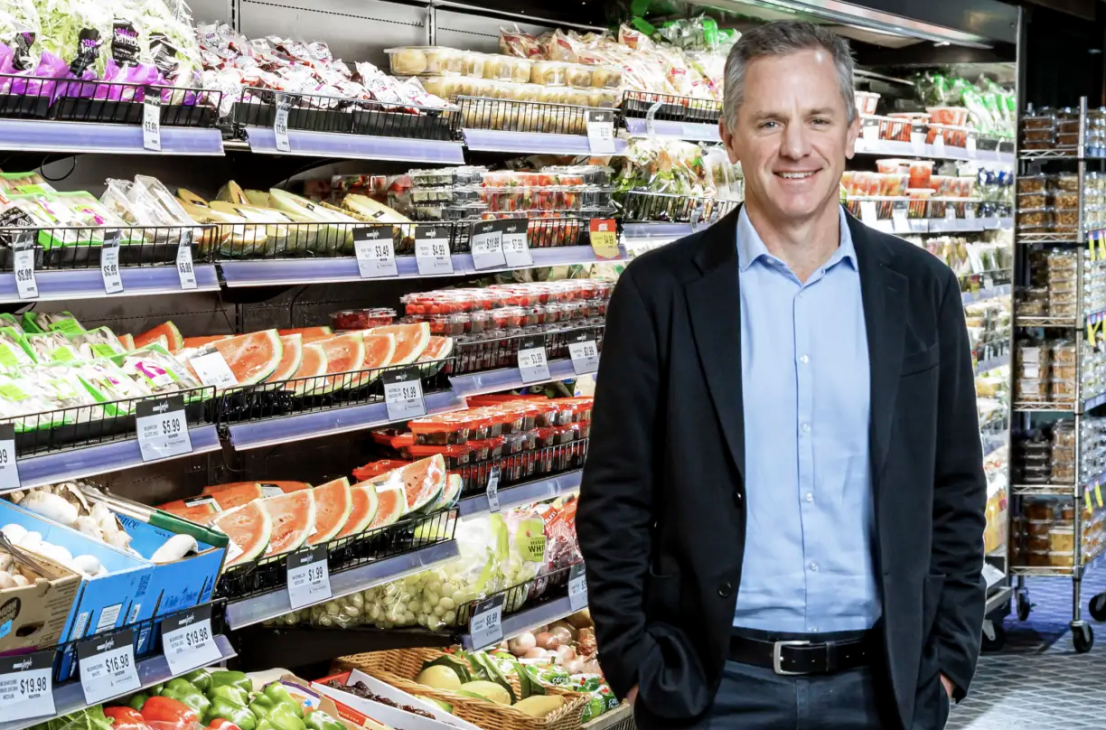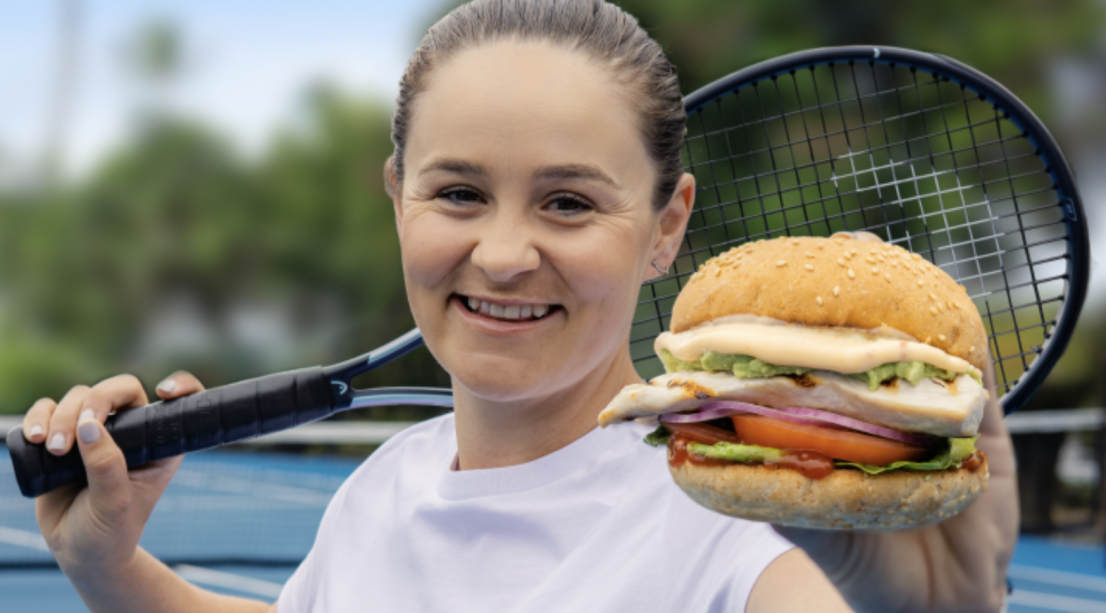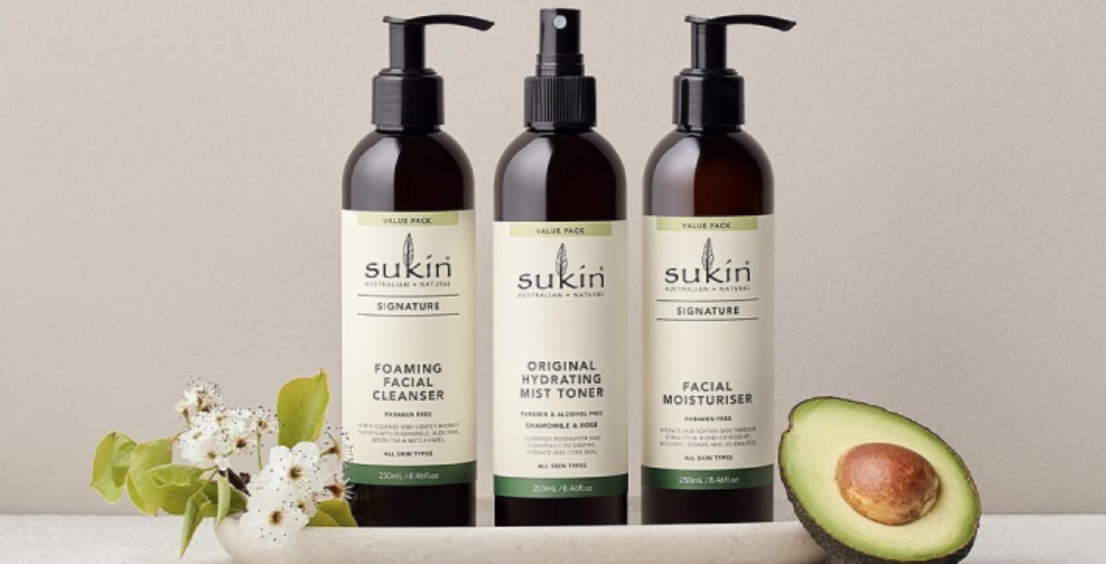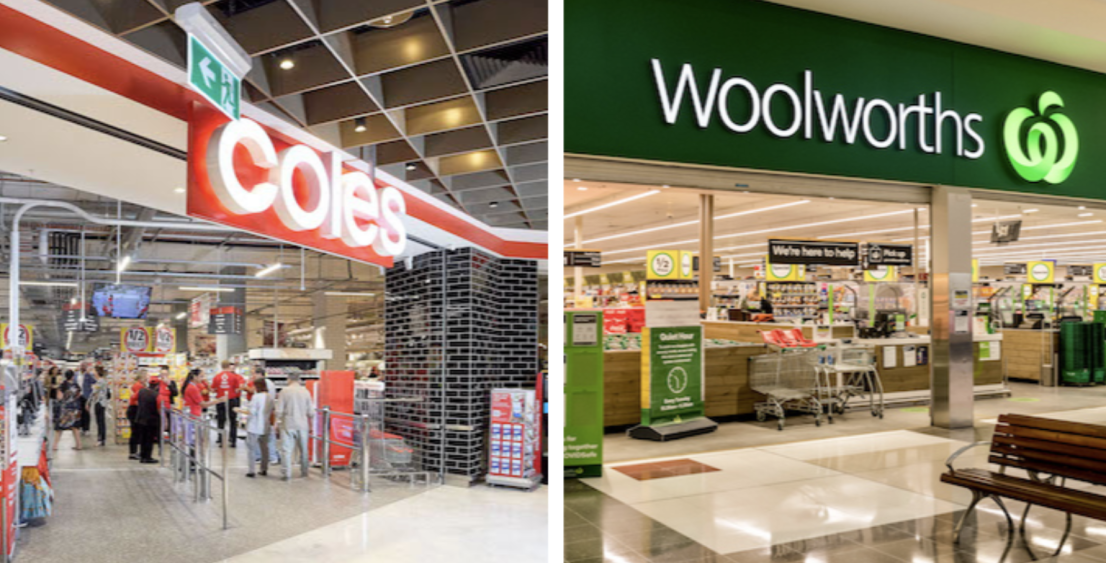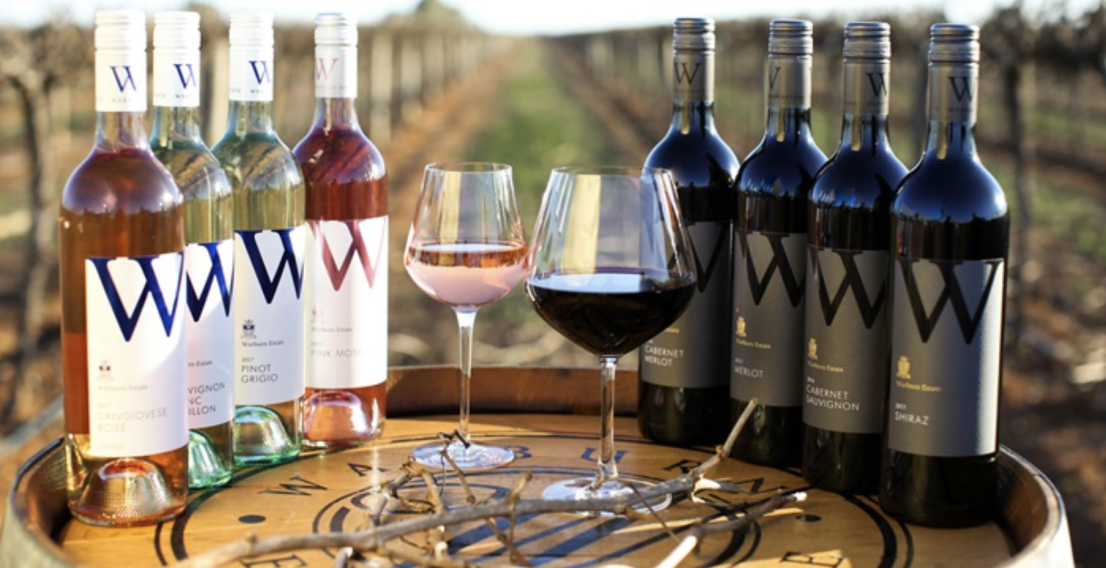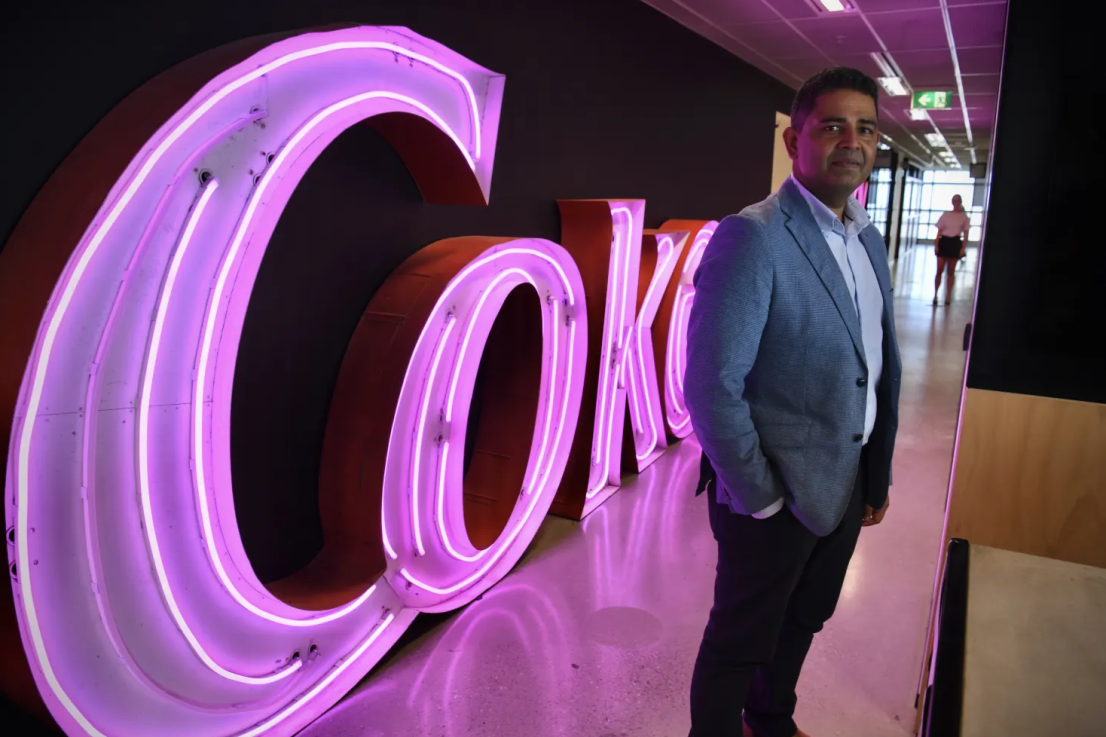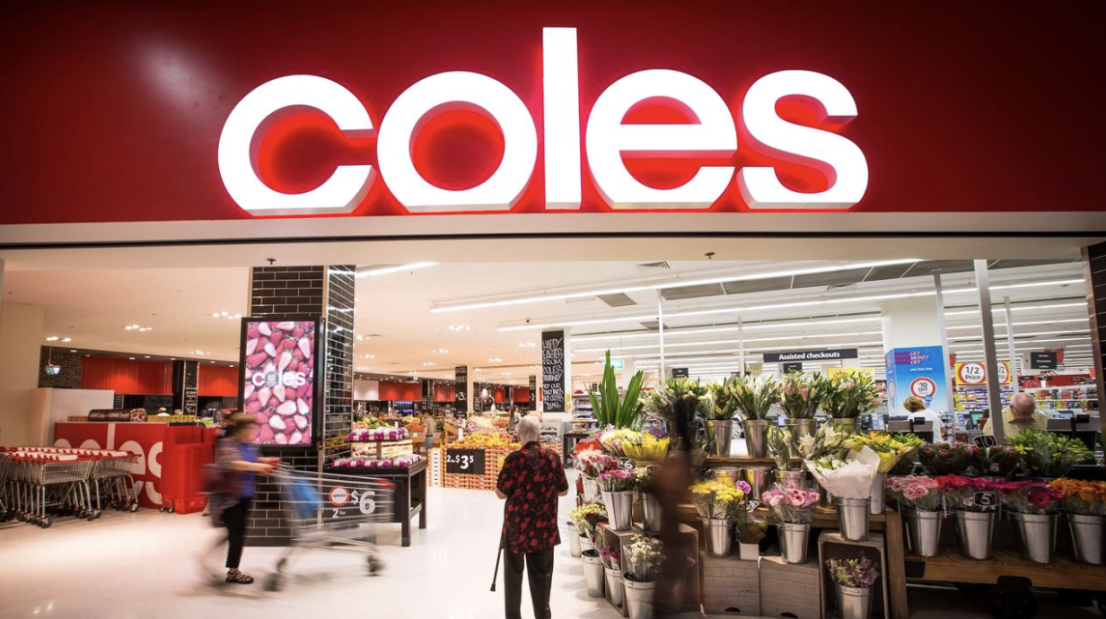
Coles has asked some of its suppliers to cut their prices to reflect cooling inflation, with those savings likely to fund a discounting blitz just as the supermarkets face political and community heat over food and grocery prices.
Suppliers have told The Australian they have been asked to prepare for price reduction requests of as much as 14 per cent – especially in the non-food area – on some products.
Coles has pointed to the improving inflationary outlook, especially in key cost pressure points such as freight, shipping and raw materials, to justify unwinding years of price hikes.
Winning price cuts from suppliers will allow Coles to pass on some of the savings to shoppers – and potentially pocket some for the benefit of its 440,000 shareholders – and comes as Coles and Woolworths face public inquiries over prices and market power.
Some suppliers have been contacted about a new Down, Down campaign that will see a fresh round of price cuts. These are currently designed as 13-week campaigns for autumn, winter and spring, and will see prices squeezed across a range of food and grocery categories.
Suppliers have been asked to help fund the reductions by taking price cuts themselves.
The supermarket shelf-price falls are between 5 and 20 per cent.
The supermarket giants face an uncertain year with a raft of high-profile political probes and inquiries piling pressure on the retail behemoths to explain elevated prices and earnings amid accusations of profit gouging.
The political heat around Woolworths and Coles ratcheted up late last year.
A Greens-led Senate inquiry into supermarkets was announced, followed by an inquiry by the competition regulator and a gouging report from the ACTU. The supermarket chains responded by spruiking their discounting and promotions campaigns, and slashing prices on key food and grocery items.
Coles began a sales campaign in January centred around meat and Woolworths has also cut meat prices.
Suppliers are, however, likely to push back against the request for price cuts from Coles, citing labour and energy costs, which are still rising, even if freight and shipping is getting cheaper.
A Coles spokesman declined to comment on its communications with its suppliers and negotiations around prices, but stressed the supermarket was squarely focused on lowering prices for its shoppers.
“We are working hard to keep grocery prices affordable for customers, particularly as they face escalating living costs with higher mortgages and rents, and increasing expenses like energy and fuel.
“We are always looking for ways to lower the cost of groceries and invest in value through campaigns like Down, Down and thousands of weekly specials.
“Coles has kept price inflation in its supermarkets below the rate reported by the ABS for the past 16 quarters.”
For years suppliers fought for and won price rises in the face of rocketing inflation and higher input costs to manufacture groceries, such as raw materials, energy and labour.
In its submission to the Senate inquiry Coles reported that in the first six months of 2021 it received 1101 requests from suppliers for cost increases, equivalent to around 42 per week, and that almost doubled to 79 per week in fiscal 2022 and 73 per week in fiscal 2023, largely driven by inflation and increases in global commodity prices.
Any price reductions it can now win back from suppliers will involve a fresh round of negotiations but Coles will point to falls in costs – although labour bills continue to grow – to justify the move.
Many of the suppliers fought to get price rises through Covid and the recent inflation spike, but will likely play hardball and resist a reversal of that, citing a range of input costs that remain elevated.
Even if these lower shelf prices for shoppers trigger a lift in sales volumes, many suppliers believe it won’t be enough to cover the reduced prices they get from the supermarkets and the funding they need to put towards specials and promotions such as the Down, Down campaign run by Coles.
The challenge for Coles chief executive Leah Weckert and her board will then be dividing those savings between consumers (in the form of lower shelf prices) and its investors (through better profits and dividends).
In its submission to the Senate inquiry, Coles underlined the importance of returning profits to shareholders, but that this also needed to be balanced with providing a competitive offer to shoppers.
“Of our more than 440,000 shareholders, 88 per cent hold less than 2000 shares,” Coles said in its submission.
“They include mums, dads, families and retirees who not only shop with us, they invest in us and rely on our long-term sustainability.”
In its Senate submission, the Australian Food and Grocery Council said it supported the aspiration of keeping consumer prices low, but this should be shared by the supermarkets.
“It should not be suppliers who disproportionately shoulder risks and costs, but a contribution balanced between retailers and suppliers,” the AFGC said.
“Since 2021, Australia’s major supermarkets have maintained profit margins of between 5 and 6 per cent, compared to between 3 and 4 per cent for Tesco and Sainsbury’s in the more competitive British market.”
The AFGC said between 2011 and 2021, input costs for food manufacturing rose at double the rate of output prices.


